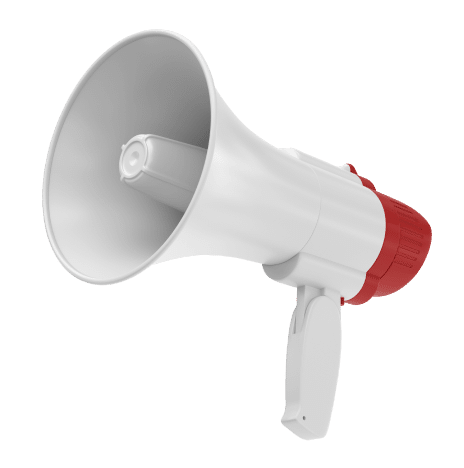Babbel for Business blog
At Babbel, we work hard on finding the best learning strategies, motivational tips and most useful tools, which we are happy to share here.

Featured posts
HR Management
Employee Development
Employee Development
Imagine hiring an employee who quietly increases team efficiency, strengthens customer relationships, and improves workplace inclusion—all without being asked. Chances...
Microlearning is a hot L&D trend for 2023. But what is microlearning and what are the benefits? What are some...
What are the main principles of a Teal organization? Learn all about this revolutionary approach to management here....
There are 3 key factors driving the war for talent. Learn about them here — and discover how to win...
This our fifth of five tips on effective language learning at work: This time, Babbel helps you on how to...
In times of social distancing and restrictions on personal contact, the significance of e-learning rose enormously. See here how it...
Strong communication is the foundation of a successful team and can be improved with simple changes from management....
Talent development boosts employee retention and helps to address skills gaps. But what exactly is talent development and how can...
Babbel Live is a great addition to our language learning platform: Your employees can join live video group lessons for...
In the retail industry, effective communication is vital for delivering exceptional customer experiences and ensuring smooth operations. Recognizing the unique...
Miscommunication is a common risk for any team — and all the more so in a multilingual...
In this blog article, you can find out how language learning can enhance efficiency, safety, and team spirit in your...




















